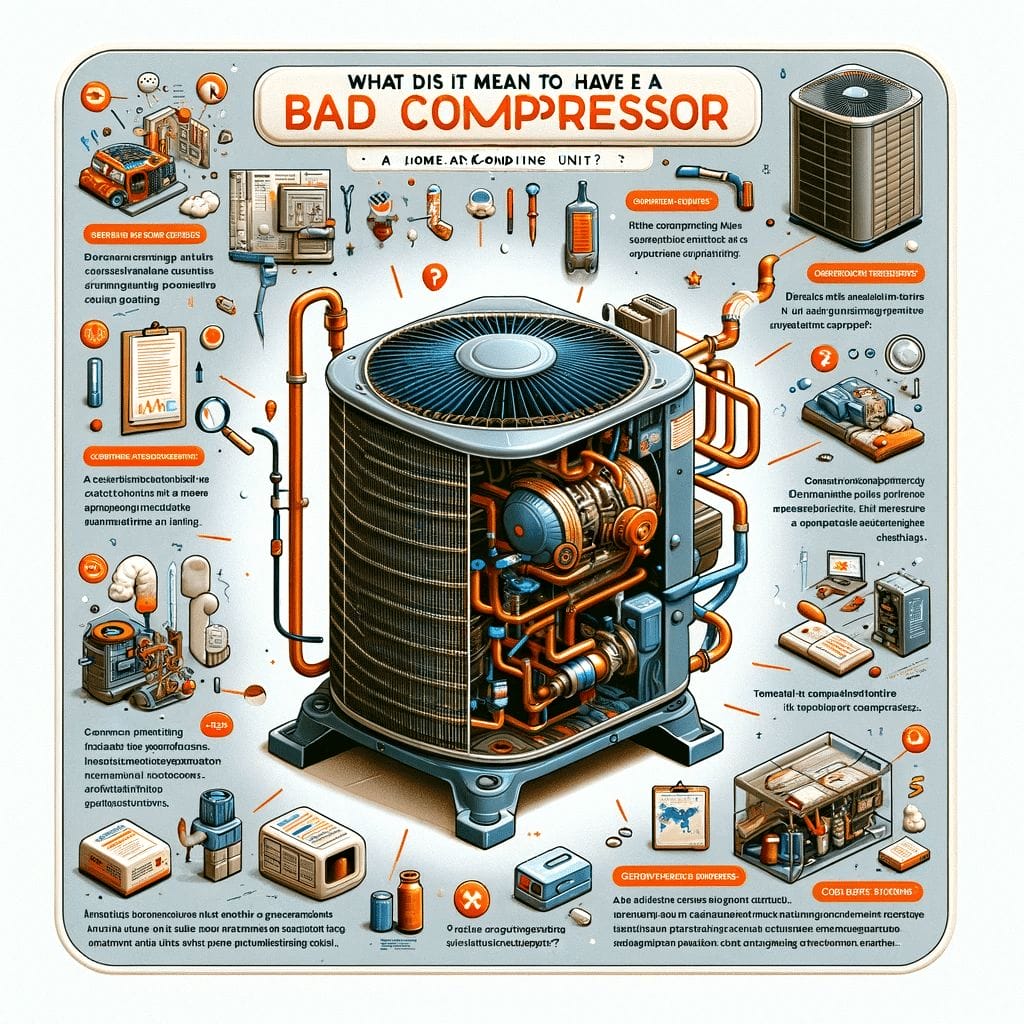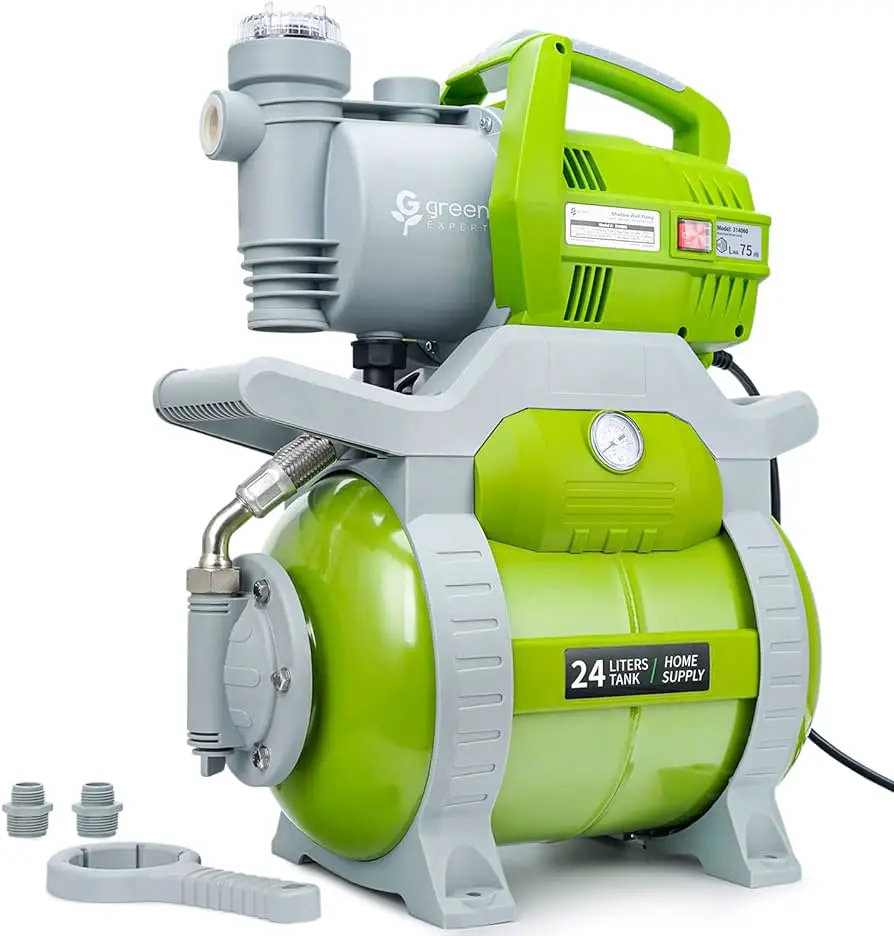Is your air conditioner struggling to keep your home cool? You may be experiencing AC compressor overload. Let’s explore the common signs and what you can do to address this issue.
Signs of AC Compressor Overload:
| Abrupt Increase in Energy Cost | Your electricity bill suddenly spikes without a clear reason. |
| Excessive Heat from Outdoor Unit | The outdoor AC unit emits more heat than usual. |
| Frozen Air Conditioning Coils | Your AC coils are covered in ice, hindering airflow. |
| Unusual Noise from the Compressor | You hear strange sounds coming from the AC compressor. |
| Sudden Cooling System Shutdown | Your AC shuts down unexpectedly during operation. |
| Inconsistent Pressure Levels | Persistent fluctuations in pressure levels within the system. |

Credit: www.amazon.com
What Causes AC Compressor Overload?
Overloads occur when the compressor overheats, leading to system shutdown. Common causes include dirty coils, refrigerant overcharge, failed fan motors, or capacitor issues.
Resetting the Compressor Overload
If your AC compressor overloads, cooling down the system is vital. Then, locate the reset button and press it before powering the unit back on. Remember to address any underlying problems to prevent future overloads.

Credit: www.fastacservice.com
Thermal Overload Protection and Solutions
Compressor thermal overload protection is crucial to prevent damage. Regular maintenance, such as cleaning coils and ensuring proper refrigerant levels, can help avoid overloading issues. In case of overload, troubleshoot to find the root cause for effective solutions.
Frequently Asked Questions Of Ac Compressor Overload : Expert Troubleshooting Guide
How Do You Know If Your Ac Compressor Is Overloaded?
Signs of an overloaded AC compressor include increased energy costs, excessive heat from the outdoor unit, frozen coils, unusual compressor noise, sudden system shutdowns, and inconsistent pressure levels. To reset a compressor overload, allow it to cool down and then press the reset button.
Compressor overloads happen when the compressor overheats, often due to dirty coils, refrigerant overcharge, failed fan motor, faulty capacitor, or high compression ratio. It is important to address these issues to prevent further damage to the system.
How Do You Reset Compressor Overload?
To reset compressor overload, allow it to cool down and then press the reset button. Resume the unit after resetting it.
What Does Ac Overload Mean?
AC overload occurs when the compressor becomes overheated, causing it to shut down the system. This can result in increased energy costs, excessive heat from the outdoor unit, frozen coils, unusual compressor noise, and system shutdown. To reset the compressor, wait for it to cool down and then press the reset button.
What Does A Compressor Overload Switch Do?
The compressor overload switch is responsible for shutting off the compressor when it becomes excessively hot. It plays an important role in preventing damage to the compressor and ensuring the efficient functioning of the air conditioning unit. Signs of an overloaded compressor include an increase in energy cost, excessive heat emitted from the outdoor unit, frozen air conditioning coils, unusual noise from the compressor, and sudden shut down of the cooling system.
If the compressor overload is triggered, it is important to allow sufficient time for the compressor to cool down before resetting it by pushing the reset button.
Conclusion
Understanding the signs of AC compressor overload and taking prompt action can save you from costly repairs and ensure efficient cooling. Regular maintenance and awareness of your system’s functioning are key to preventing overload issues.

